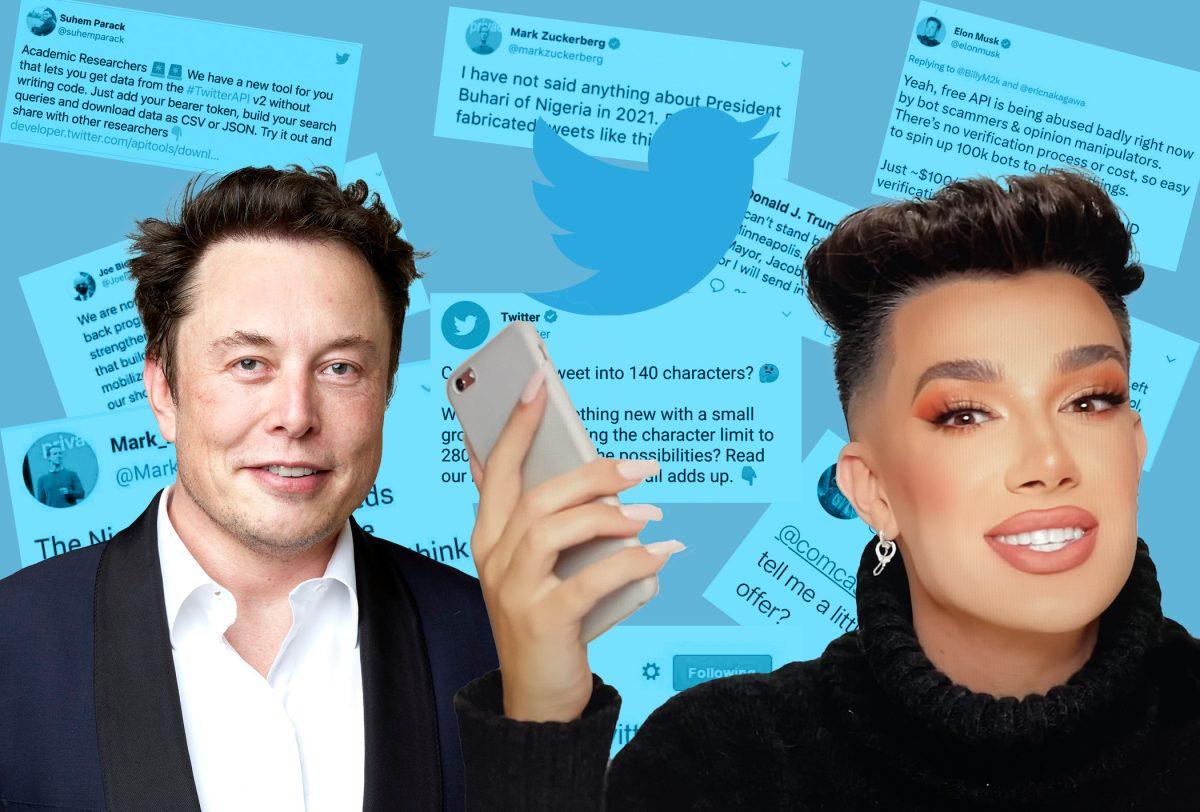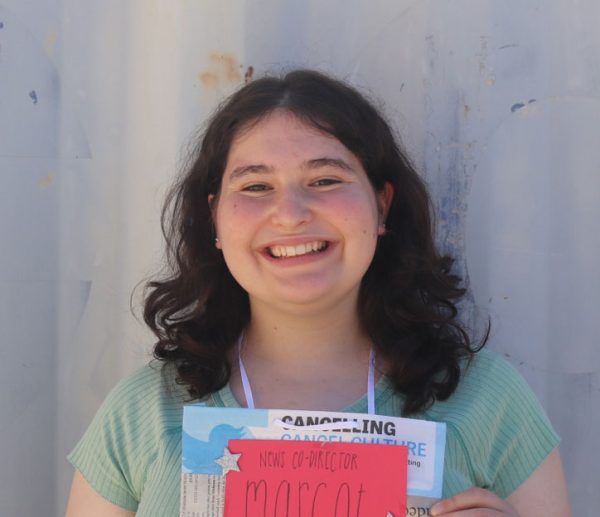Is Cancel Culture Actually Effective at letting a person learn from their mistakes?
A phone springs to life and yet another celebrity is canceled; celebrities make a living in the spotlight, but it isn’t always for the right reasons. Cancel culture is the practice of expressing disapproval and exerting social pressure towards an individual or company. It more generally creates an environment that promotes people to voice their opinion on a person/celebrity’s wrongdoing.
Teens have been sucked into this culture through social media, primarily TikTok. The point of cancel culture is to hold those in power accountable for their actions and possibly in the end create change and allow for learning. Some commenters cancel someone so that they are able to change and learn from the mistakes they made previously.
Social media is the driving force of cancel culture and without it cancel culture wouldn’t exist. Social media creates an army of people fighting against one specific person or brand. TikTok, Instagram, Snapchat, and Twitter all perpetuate a culture of cancellation because they are all platforms that create a way for people to unite against someone or something they disagree with on a massive scale.
#Canceled Has 749.0m views

#Canceled has 80.8K posts

James Charles has 56m views on his video “No more Lies”

This can even happen to normal people or students other than celebrities. However, canceling a person only goes so far and can ultimately lead to bullying as an unattended after effect. Cancel culture provides a way for celebrities to be told what they did was wrong from fans and other people that hope to circumvent that behavior. Cancel culture goes too far when someone is completely ousted from the media and society from an action that is unagreeable to most people, but that doesn’t mean that person is unredeemable.
In regards to cancel culture, a 2020 article at the University of Central Florida asserts that “Humans are flawed beings, and it’s in our nature to make mistakes.” They are right in their assertion that humans are not perfect, which leads to them making mistakes that are most often redeemable.
For example, Ticketmaster was canceled due to denying Taylor Swift fans tickets to her upcoming The Eras Tour. Companies can also face cancellation as seen with Ticketmaster when it is for something seemingly minor as tickets. Another form of cancellation is when people like Washington, Lincoln, and Jefferson due to their ties to slavery are canceled when the school board decides to rename schools with the names: Washington, Lincoln, and Jefferson in San Francisco.
“The nice and innocent ones shouldn’t be,” canceled said an anonymous sophomore. This suggests that cancel culture goes too far and can lead to innocent people getting into the crossfires of commenters. PRHS English teacher, Marisa Scoggins, said “Cancel culture affects students because they pay attention to who is currently being hashtag canceled. Also, some students get pleasure out of canceling others, and it can be like a dogpiling situation where everyone kind of jumps on to it.”
However, cancel culture creates a space for people’s voices to be heard on topics they feel strongly about. An article, on Freedom Forum, claims “Cancel culture is just speech holding others accountable.”
The anonymous sophomore further claims “It’s a double edged sword, it can be used for positive if you cancel the right person, but can be bad if you cancel the wrong person.” This depicts the uncertainty that comes with cancel culture and whether it is truly positive or negative.

TWITTER IS DEEMED THE "ULTIMATE CANCELLATION MACHINE" BY THE ATLANTIC
Overall, cancel culture tends to be negative and doesn’t do exactly what an audience intends it to do.
The audience wants to hold a celebrity accountable for what they did wrong, but cancel culture does not seem like the platform that should be used. Cancel culture can even find its way in student’s lives through personal conflicts becoming publicized; this can lead to academic struggles and low self-esteem. Furthermore, in an article written by Newport Academy teenage cancel culture “can lead to teen anxiety, depression, and suicidal thoughts and behaviors.”
Human beings are flawed and make mistakes, but cancel culture tends to demonize people for their mistakes rather than helping people change for the better.
Graphics by: Margot Klo
Photos provided by: creative commons








